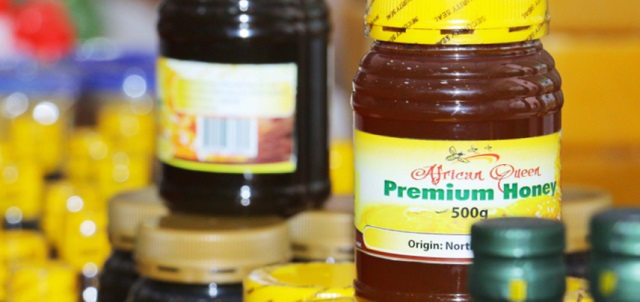
Kenyan conservationists concerned too
Similar concerns were recently reported in Kenya when environmentalists warned the government that aerial spraying of locusts which has been relentless over the last three months in the areas of Samburu, Isiolo and Marsabit would lead to massive decline in the population of bees and other useful insects like lady bugs.
The exercise, environmentalists said, could spell doom for pastoralists who depend on livestock and bee keeping, as the insecticide can cause serious harm to cattle and birds that may feed on the dead insects or sprayed plants.
“The government’s emergency response effort to the invasion of the migratory locust swarms has seen spraying of a number of chemicals with varying results,” Dr. Darcy Ogada, the assistant director, Africa Programmes, The Peregrine Fund told Daily Nation.
“Unfortunately, aerial and ground spraying contaminates not only the locusts being targeted but everything in the environment including the vegetation and waterways that livestock and humans are dependent upon.”
Ogada said large scale spraying of hundreds of thousands of litres of insecticides will be felt up and down the food chain for a long time and expose livestock and people, especially those handling, storing and spraying the pesticides.
Experts on locusts say extreme weather patterns in the eastern Africa region have created and sustained the perfect breeding environment for the insects, facilitating rapid swarm growth that the UN’s Food and Agriculture Organization has warned could grow 500 times by June, this year.
According to an update released by FAO last month, the situation “remains extremely alarming” in the Horn of Africa, more specifically in Ethiopia, Kenya and Somalia where widespread breeding is in progress and new swarms are expected to form this month.
Experts on desert locust control say the most effective time for controlling locusts is just after hatching, during the nymphal stage, when they are more commonly known as hoppers and prior to developing the ability to fly. Regrettably, the wider eastern Africa region’s organizational and logistical challenge prevented the early detection of the original hopper bands.
Safe and effective alternatives
Conservationists, however, say there are safe and effective alternatives to chemical insecticides for eradicating hopper bands. These include; Metarhizium acridum (Green Muscle), as well as a new version NOVACRID M. acridum – a biological insecticide.
A NOVACRID M. acridum is a fungus that causes disease only within the Acridadae or grasshopper family. It has been widely tested and operationally used all over the world, including in Africa, for its effectiveness, safety to non-target organisms and lack of environmental persistence.
Ogada noted that considering that locust eggs are set to hatch in Kenya this month and new swarms expected by early April, the Kenyan government should urgently grant a waiver of registration and import permit for M. acridum, a pesticide which is widely accepted as a safe and effective alternative to chemical insecticide for the control of locusts by even the UN’s Food and Agriculture Organization (FAO).
Governments in both Kenya and Ethiopia say the locusts will take at least six months to control and FAO has said the locust numbers will increase as a new generation of breeding has already begun.
Meanwhile, Uganda is yet to receive more chemicals for aerial spraying of locusts in the affected districts. The chemicals are only manufactured in Germany and Japan, adding that they are yet to arrive in the country.
While giving an update on the desert locust control operations in northern and eastern Uganda on March 10, the agriculture minister, Vincent Bamulangaki Ssempijja, said the specialized pesticide formulation for aerial spraying (Fenitrothion 96 ULV) is proving a challenge to obtain due to the current wave of desert locust outbreak in the Horn of Africa.
“Our original order has been delayed due to strict measures by the Kenya Government which required pre-shipment inspection in Japan—an exercise which takes two weeks,” Ssempijja said.
However, Ssempijja said, Twiga Chemicals, the suppliers has been able to make a partial delivery of 400 litres as it awaits delivery of the full consignment.
“With the planting season round the corner, it is of paramount importance that the desert locust invasion is completely brought under control to avert a potential food crisis,” he said.
****
 The Independent Uganda: You get the Truth we Pay the Price
The Independent Uganda: You get the Truth we Pay the Price


